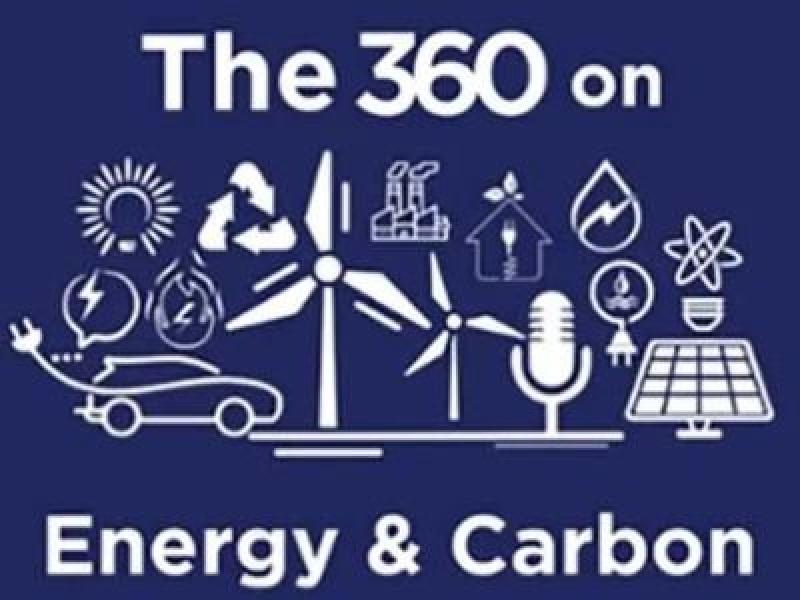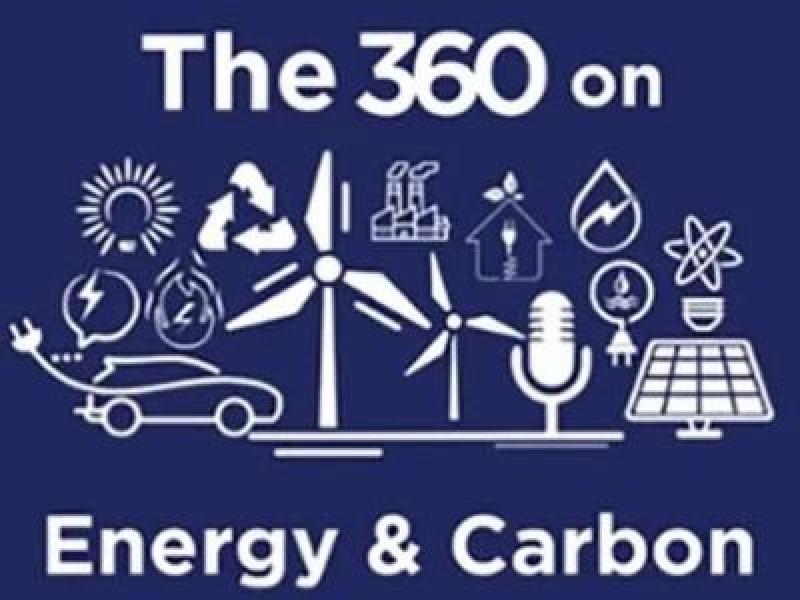The 360 on Energy and Carbon podcast is meant to inform and discuss topics with those who are curious about the energy and carbon industry. Whether you are a business owner, an executive, a young professional, or just a general podcast listener, we hope you leave with a better understanding of the industry after each episode. This podcast is co-hosted by David Arkell, president and CEO of 360 Energy and John Pooley, vice-president of program development at 360 Energy, moderated by Lysandra Naom and edited by Alana Arkell.
In the latest episode of this podcast, the hosts delve into the intricacies of carbon taxes and carbon regulations, two policies that have become increasingly relevant in the fight against climate change.
The hosts begin by discussing the concept of carbon tax, which is essentially a fee levied by the government on the production, sale or use of fossil fuels based on the amount of greenhouse gases they emit.
What is carbon tax
The idea behind a carbon tax is to create a financial incentive for individuals and businesses to reduce their carbon footprint and invest in clean energy alternatives. The hosts point out that this policy can be highly effective in promoting a transition to a low-carbon economy, as it encourages people to change their behaviour by increasing the cost of emitting greenhouse gases.
What is carbon regulation
The conversation then shifts to carbon regulation, which involves setting limits on the amount of greenhouse gases that can be emitted by various industries. This can take many forms, such as setting emissions caps or requiring the use of renewable energy sources. The hosts note that while carbon regulation is effective in reducing emissions, it can be more complicated to implement than a carbon tax.
The hosts also explore the responsibility for implementing these policies. While the government is typically responsible for enforcing carbon taxes and regulations, businesses and individuals also have a role to play in reducing emissions by changing their behaviour. The hosts argue that both policies are necessary tools in the fight against climate change and that they must be implemented together to achieve meaningful results.
Finally, the hosts examine whether the carbon tax and carbon regulation can help us achieve our goal of hitting net-zero emissions. They suggest that while these policies are essential, they are only part of the solution. Achieving net-zero emissions will require a concerted effort across all sectors of society, including government, businesses, and individuals.
This podcast provides a valuable discussion of the carbon tax and carbon regulation. The hosts offer a clear and accessible explanation of these policies and their impact, while also emphasizing the need for collective action to achieve our goal of a sustainable, low-carbon future.









